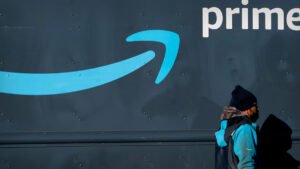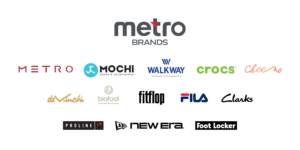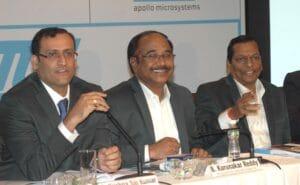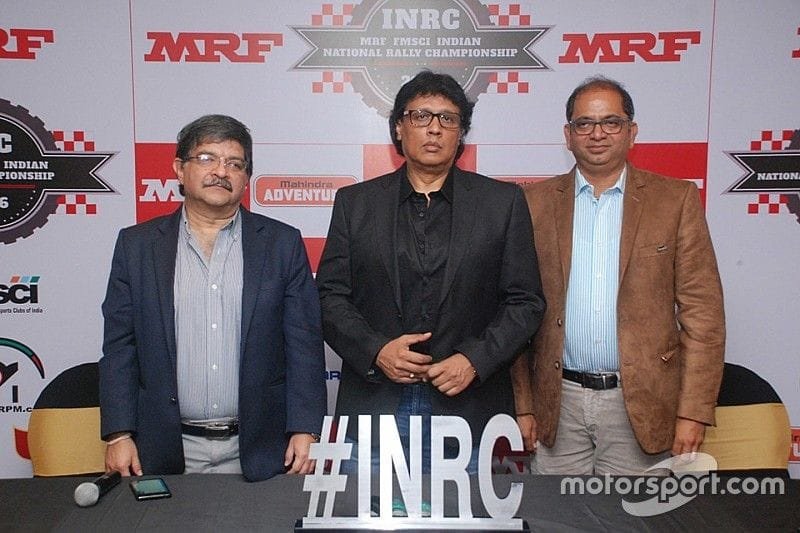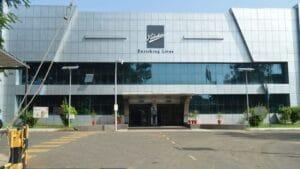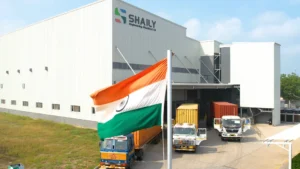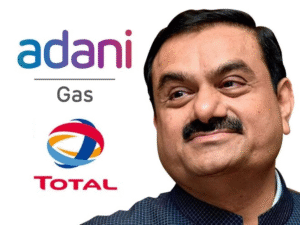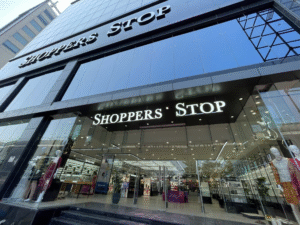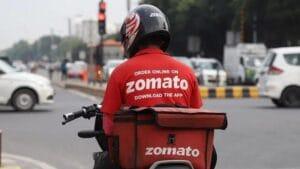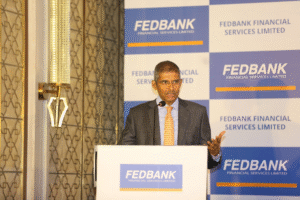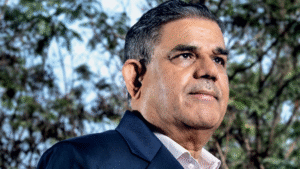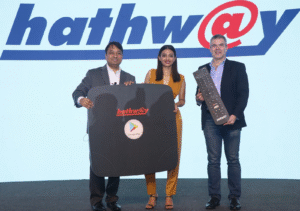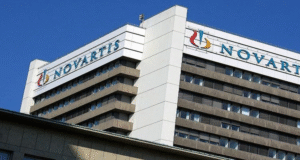1.At a Glance
MRF isn’t just a tyre maker — it’s a national financial meme. At ₹1.4 lakh a share, it’s still India’s most expensive stock per piece, and that’s without any stock splits to make retail feel better. FY25 revenue was ₹28,632 Cr with PAT of ₹1,799 Cr. ROE stands at ~10.6% — decent for a manufacturing-heavy business, but you’re clearly paying for the brand, not just the balance sheet. Diversification into paints, sports goods, and Funskool toys means MRF also makes the bat your kid plays with… before you yell at them for scuffing your car tyres.
2.Introduction
MRF started in the 1940s making toy balloons. Today, it’s the tyre supplier for pretty much everything on Indian roads — from scooters to 18-wheelers. Its brand has become shorthand for quality tyres, motorsport sponsorships, and a share price that’s permanently out of reach for SIP investors.
FY25 saw solid sales growth (TTM +10%) but PAT fell 13% thanks to higher input costs, especially rubber and crude derivatives. Q1 FY26 kept that theme alive — 7% sales growth to ₹7,676 Cr, but profits slipped to ₹500 Cr (-12% YoY).
The real investor question: Is MRF still a growth story or just a safe, inflation-resistant asset in a boring sector?
3.Business Model (WTF Do They Even Do?)
- Tyres– Passenger cars, 2W/3W, trucks, buses, tractors, OTR vehicles, LCVs, MCVs, SCVs.
- Tubes & Flaps– Old-school, but still a revenue contributor.
- Paints & Coatings– Niche, but diversifies revenue.
- Sports
- Goods– Cricket bats, balls, gear.
- Funskool Toys– Board games, puzzles, action figures.
MRF operates on a mix of OEM contracts, replacement market sales, and exports. The replacement market is the cash cow — predictable margins and brand loyalty, while OEM deals keep factory volumes up.
4.Financials Overview
- Revenue (FY25): ₹28,152 Cr (+12% YoY)
- EBITDA: ₹4,095 Cr (~15% margin)
- Net Profit (FY25): ₹1,869 Cr
- TTM PAT: ₹1,799 Cr
- EPS (TTM): ₹4,241
- P/E Recalc: ₹1,40,535 ÷ ₹4,241 ≈33.1x
- ROE: 10.6%
- ROCE: 13.6%
Margins are healthy for a manufacturing giant, but valuation is on the steeper side for a cyclical business.
5.Valuation (Fair Value RANGE)
| Method | Inputs & Assumptions | Implied Value (₹) |
|---|---|---|
| P/E Multiple | Sector avg ~25x, EPS ₹4,241 | 1,06,000–1,10,000 |
| EV/EBITDA | Sector avg ~14x, EBITDA ₹3,996 Cr → EV ₹55,944 Cr | 1,18,000–1,25,000 |
| DCF | 7% CAGR for 5 yrs, terminal growth 3%, WACC 11% | 1,15,000–1,25,000 |
Fair Value Range:₹1,06,000
